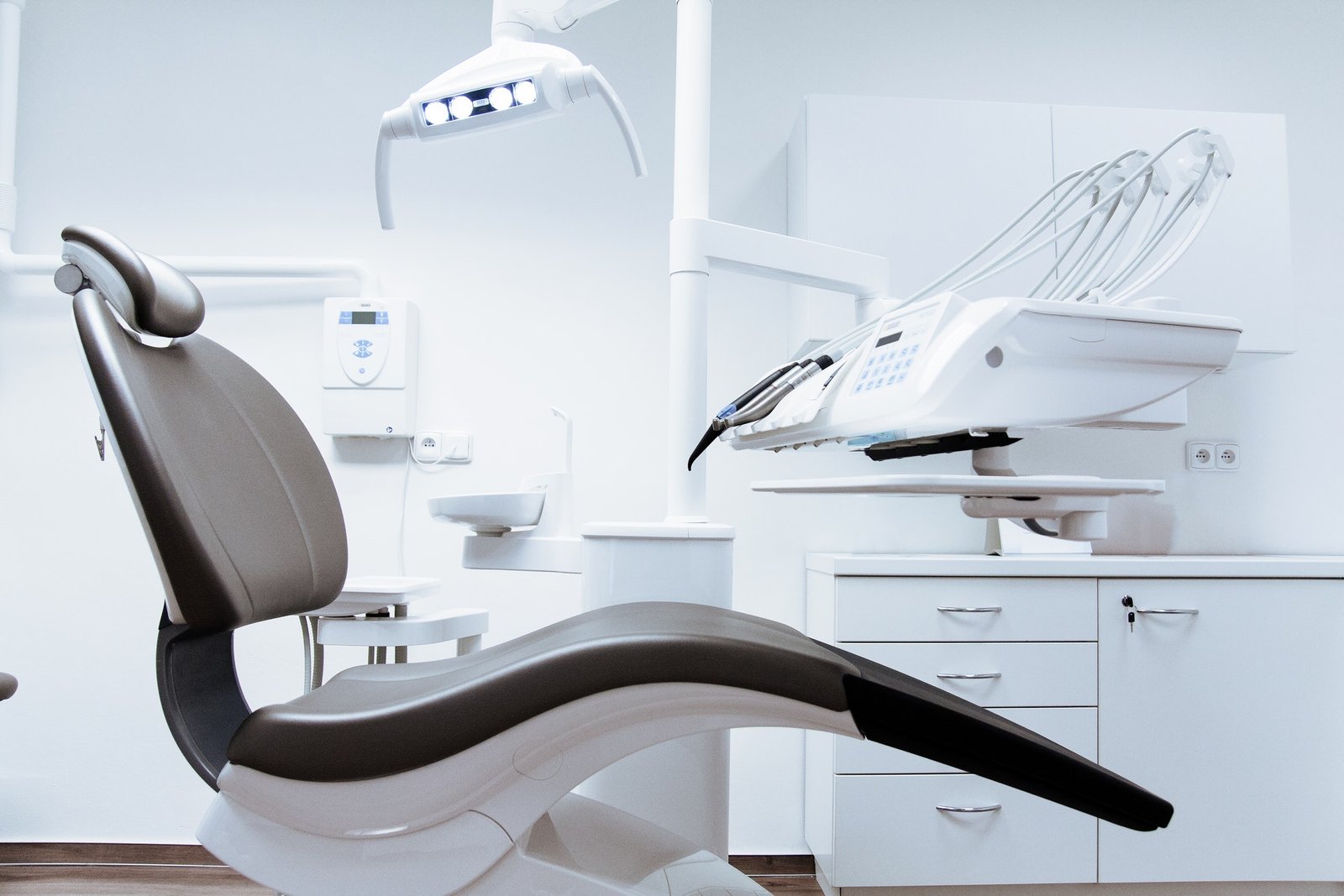It’s common for people to skip their routine dental visits for various reasons, including time, money, or anxiety. But regular dental visits have several essential benefits that can help you keep your teeth and gums healthy for life.
These benefits are worth the extra time and effort involved in ensuring you visit your dentist regularly.
Contents
Detection of Oral/Mouth Cancer
Dentists and other health care providers can use tools to screen for oral/mouth cancer during your regular dental visits. These include toluidine blue dye and fluorescent light that help make precancerous cells easier to notice.
During an oral cancer screening, your dentist Happy Valley Oregon will check for sores that don’t heal or appear abnormal, as well as red and white patches, lumps or growths. They may also feel (palpate) these areas with their fingers to look for a change in the tissue.
Detection of Gum Disease
During regular dental visits, dentists check for early signs of gum disease. They may use a periodontal probe to measure the space between your teeth and gums gently.
This is an excellent way to detect gingivitis, the earliest and most reversible form of gum disease. Gingivitis can often be reversed with good brushing and flossing habits and routine dental cleanings.
If left untreated, gum disease can progress to a severe form called periodontitis. This advanced stage can cause bone loss, bad breath, and tooth loss.
Detection of Tooth Decay
Early tooth decay is often found through regular dental visits (every 6 to 12 months) and X-rays. If detected early, it can be treated before it worsens and needs a filling.
Tooth decay occurs when plaque (a sticky film of bacteria) forms on teeth and is then eroded by acids produced by the bacteria. These acids eat away at the minerals in your teeth, especially the enamel.
Tooth decay can be prevented by taking good care of your teeth and eating a balanced diet. Regular brushing and flossing are also essential.
Detection of Oral/Mouth Illness
Many oral/mouth illnesses respond better when they are detected and treated in the early stages. This makes regular dental visits essential to preventing these diseases from progressing.
We may recommend X-rays of your mouth and neck during the dental exam to detect issues such as gum disease or oral cancer.
X-rays can also show any changes in the bone and teeth which is not visible to the naked eye. This helps us diagnose problems like tooth decay, cysts and tumors, often undetectable without an x-ray.
Detection of Mouth/Throat Cancer
Your dentist or hygienist can detect mouth cancer during regular dental visits through a screening test. During the exam, they will look at and feel your face, neck, lips, mouth, tongue, thyroid gland, salivary glands, and lymph nodes to search for changes that may suggest cancer.
Cancer of the oral cavity (mouth) and oropharynx (throat) affects about 54,000 people annually in the US. The most common type is squamous cell carcinoma.
Detection of Periodontal Disease
When gum disease (periodontal disease) is caught early, it is generally more manageable than if it develops later. A dentist can detect this condition through regular dental visits and may also check the depth of your gum pockets using a small instrument known as a periodontal probe.
Gum disease progressively destroys the tissue surrounding teeth and the bone supporting them. The resulting gum and bone loss can lead to tooth loss without treatment.
Detection of Mouth/Throat Illness
Detecting mouth/throat illness through regular dental visits helps prevent the need for costly and painful procedures down the road. This is especially important if you have an infection that is difficult to treat, such as syphilis or gonorrhea.
Tongue, mouth and throat infections can cause pain, ulcers, swelling, or other problems. Some infections are bacterial, while others are viral.
Examples of viral infections include the Coxsackie Virus, which causes blisters on the tongue, cheeks and lips. Hand-foot-and-mouth disease is also a viral infection that affects the hands, feet, and mouth. Syphilis and gonorrhea are bacterial infections that can lead to long-term health consequences.



